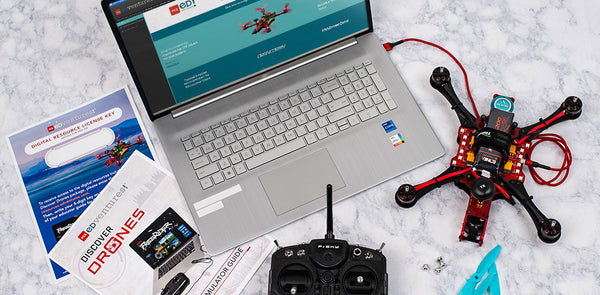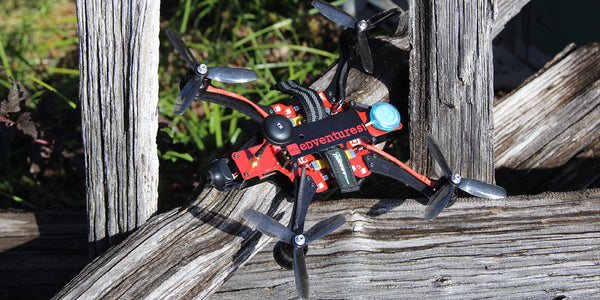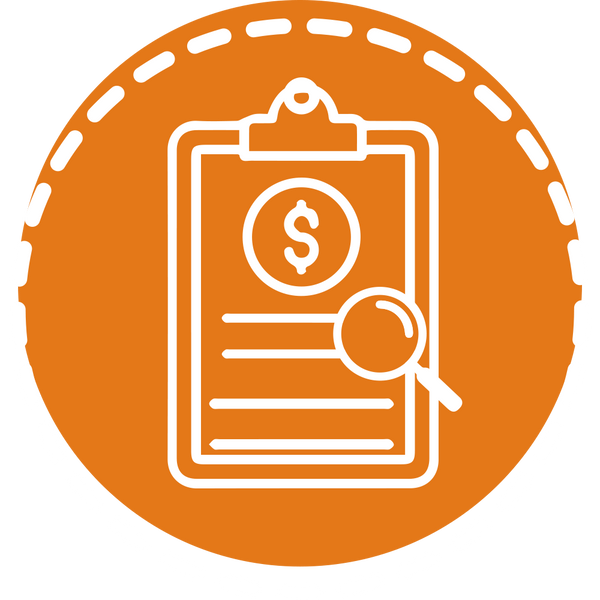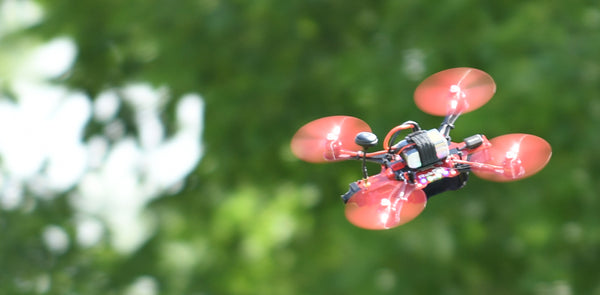
Remote ID and What It Means for Drone Educators and Drones in Schools
The Federal Aviation Administration (FAA) has passed The Remote Identification of Unmanned Aircraft Final Rule, which states: After March 16, 2024, no person may operate an unmanned aircraft within the United States’ airspace unless the operation meets the remote identification requirement.
Remote ID Basics:
Remote ID will allow government and civilian entities to identify all drone pilots’ location and flight information operating in the public airspace. This will provide real-time flight data, including the pilot’s location on the ground to ensure accountability by removing anonymity. The rule is intended to address safety, national security and law enforcement concerns regarding further integration of these aircraft into the United States’ airspace. In short, the main reason the FAA is implementing the new rule is for law enforcement purposes.
There are three ways drone pilots can meet the identification requirements of the remote ID rule:
- Operate a standard remote ID drone that transmits the identification and position of the drone and its control location.
- Operate a drone with a remote ID broadcast module that is added to the drone for remote ID capability.
- Operate the drone without remote ID equipment at FRIAs (FAA-recognized identification areas) sponsored by educational institutions and community-based organizations.
Discover Drones Users:
The second and third options of the remote ID rule apply to Discover Drones users: Operate a drone with a remote ID broadcast module, or operate your drones at FAA-recognized identification areas (FRIAs) sponsored by community-based organizations or educational institutions.
Operating a Drone with a Remote ID Broadcast Module:
The FAA is incorporating a concept known as the "remote identification broadcast module" into this rule to allow persons to retrofit an unmanned aircraft by equipping it with a broadcast module that enables compliance with the operating requirements.
For example, users can legally operate a home-built, unmanned aircraft (like RubiQ) by equipping it with a remote ID broadcast module. For ease of use and reliability, we recommend the pingRID by uAvionix.
- Meets FAA Remote ID standards
- Preconfigured and ready to fly out of the box
- Standalone module with no app or subscription required
The module can easily be moved from drone to drone, so if you're only flying one drone at a time, you only need one remote ID broadcast module.
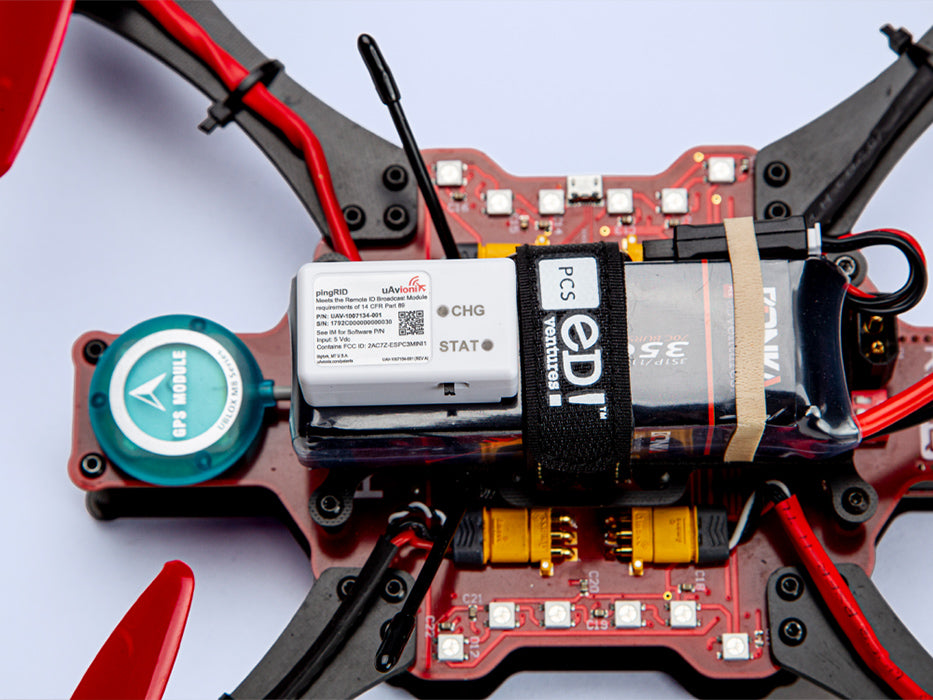
Operating a Drone Without Remote ID Capabilities at FRIAs:
FAA-recognized identification areas (FRIAs) are locations where unmanned aircraft may operate without remote identification equipment, as long as they are sponsored by community-based organizations or educational institutions. According to the new rule, educational organizations such as elementary, middle school, high schools, colleges and universities can apply for designation as an FAA-recognized identification area.
FRIAs are the only locations unmanned aircraft (drones and radio-controlled airplanes) may operate without broadcasting remote ID message elements.
For step-by-step guidance on how to apply for a FRIA at your school, download our FRIA Application Instructions.

To explore in more detail, visit the FAA Remote ID website.
Questions About Your Drone Program?
For additional drone resources, visit:
- The Recreational UAS Safety Test (TRUST)
- Do I Need Drone Insurance? Know the Facts!
- Droneology & Droneology Jr.
If you have any questions about the laws and how to make sure your program is flying legally, contact a STEM Program Specialist at (800) 429-3110 or email us at support@edventures.com.
We’re here to help you every step of the way, and as the FAA continues to update its legislation, we will continue to provide as much additional support as we can to keep drones in the hands of your students.
If you’d like to learn more about bringing drones to your students, visit Discover Drones.
Related Articles & Drone Resources
TSA Drone Competitions: 2018 | 2019 | 2020
Discover Drones as an Instructional Platform
More Drone Inspiration

